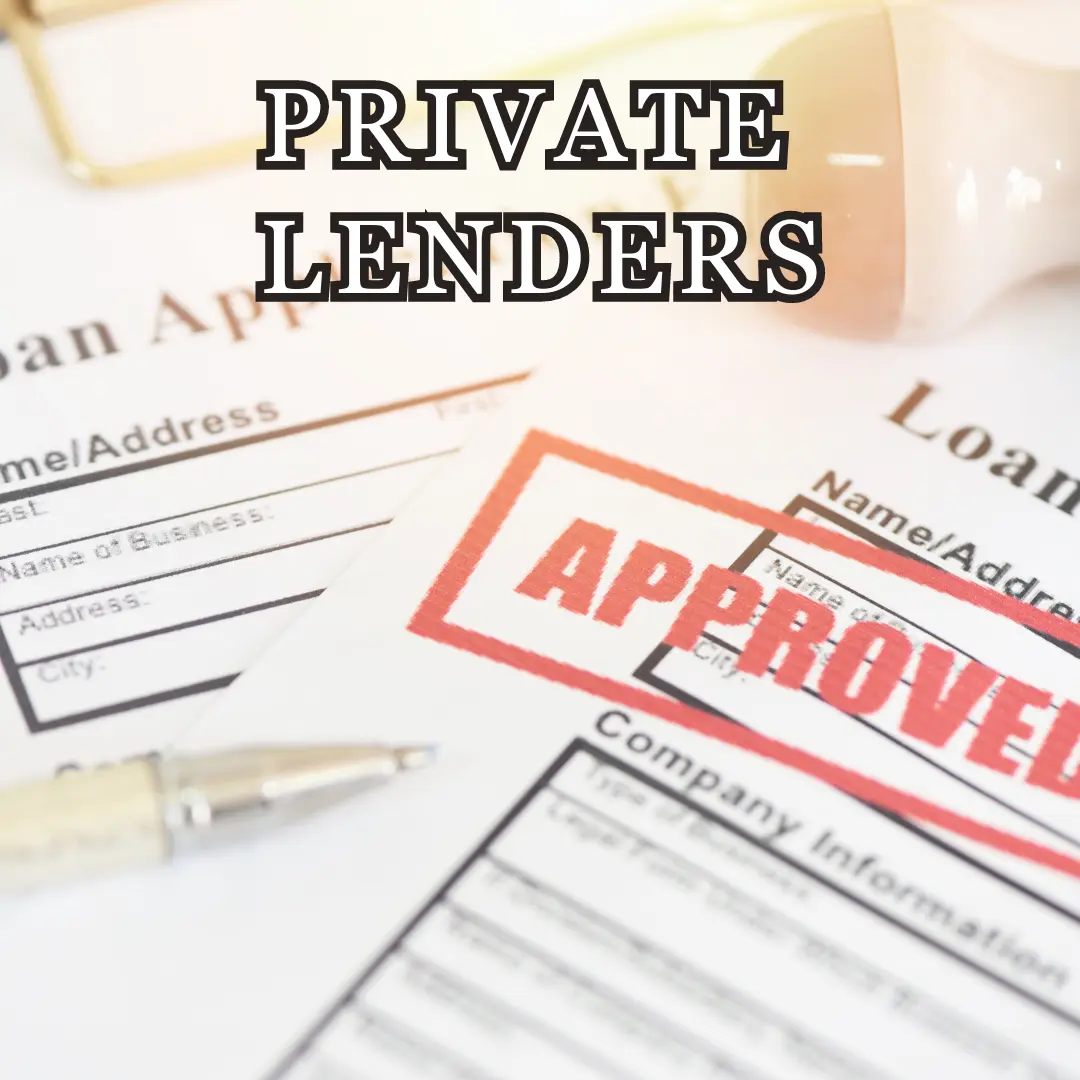What to expect during your first meeting with private mortgage lenders savannah ga
Just how It Works: A Comprehensive Guide to Mortgage Lending for First-Time Purchasers
Navigating the globe of mortgage lending can be frightening for new purchasers. Comprehending the essential components like principal, passion, and down settlements is important. Furthermore, identifying the various kinds of mortgage fundings and the application procedure can greatly affect one's experience. By checking out crucial variables that affect rates of interest, buyers might discover valuable insights. What else should they think about before making such a considerable economic dedication?
Recognizing Mortgage Fundamentals
When newbie customers get in the domain name of homeownership, comprehending mortgage fundamentals becomes vital for making educated decisions. A home loan is basically a loan safeguarded by the residential or commercial property being bought, allowing individuals to acquire a home without paying the complete cost upfront. Buyers must know key parts, consisting of principal, interest, tax obligations, and insurance coverage, typically summed up as PITI. The principal is the amount obtained, while passion is the cost of loaning that amount, expressed as a percentage. Tax obligations and insurance are extra costs that can significantly impact monthly repayments. Purchasers need to additionally consider the finance term, commonly 15 or three decades, which impacts settlement quantities and overall interest paid. Recognizing credit report is necessary, as they affect funding qualification and rate of interest. Understanding these essential principles equips newbie customers to navigate the mortgage landscape with confidence and make options that align with their economic goals.
Types of Mortgage Loan
When thinking about mortgage choices, novice purchasers commonly come across two primary types: fixed-rate and adjustable-rate home mortgages. Fixed-rate mortgages supply stability with regular settlements over the lending's term, while adjustable-rate home mortgages can provide reduced preliminary rates that might change over time. Comprehending these distinctions is important for making an informed decision.
Fixed-Rate Home loans
Fixed-rate mortgages offer security and predictability for newbie property buyers maneuvering the intricacies of home financing. With a fixed-rate mortgage, the interest price continues to be continuous throughout the lending term, generally varying from 15 to three decades. This regular rate allows purchasers to prepare their budgets properly, knowing that their month-to-month settlements will not change. New customers profit from this framework as it gets rid of unpredictability in long-term financial dedications. Furthermore, fixed-rate mortgages usually feature lower first prices contrasted to adjustable-rate options, making them an eye-catching option for those seeking to establish home equity over time. Generally, fixed-rate home mortgages use a straightforward course to homeownership, ideal for people seeking long-lasting economic safety.
Adjustable-Rate Mortgages
For newbie property buyers seeking versatility, adjustable-rate home mortgages (ARMs) can supply an enticing option to fixed-rate fundings. ARMs usually use lower preliminary rates of interest, making regular monthly settlements a lot more economical in the early years. However, these prices change after a first set period, which can bring about increased repayments in time. Consumers should understand the index and margin that establish future price adjustments. Typically, ARMs have adjustment durations of one, 3, or 5 years, with regular caps to limit just how much rates can boost at each modification. While ARMs can be beneficial for those planning to market or refinance before the rate changes, they also carry risks if market conditions transform substantially. Extensive study is important for educated decision-making.
The Mortgage Application Process

Trick Elements Influencing Rate Of Interest

Deposits and Closing Costs
Recognizing down repayments and shutting prices is vital for new homebuyers, as these expenses considerably impact the general cost of a mortgage. A down settlement is the initial amount paid in the direction of the home's purchase cost, commonly shared as a percentage. It can vary from as reduced as 3% to 20% or even more, depending upon the loan type and lender requirements. A bigger deposit can reduce month-to-month mortgage repayments and get rid of exclusive mortgage insurance (PMI), which protects loan providers in case of default.Closing prices, on the various other hand, encompass numerous fees incurred throughout the home-buying procedure. These may consist of financing origination costs, appraisal costs, title insurance coverage, and attorney costs, generally completing 2% to 5% of the home's purchase cost. Newbie purchasers need to budget plan for both down payments and closing prices to guarantee they can protect their mortgage and successfully navigate the home-buying procedure.
Tips for First-Time Homebuyers
What important suggestions can newbie property buyers follow to browse the often challenging procedure of buying a home? Initially, setting a realistic budget is important. Buyers must evaluate their financial scenario, including income, expenses, and prospective mortgage payments. Next, getting pre-approval for a mortgage can give quality on what one can afford and strengthen their setting when making an offer.Researching communities is just as crucial; buyers ought to consider elements such as services, colleges, sites and future developments. Furthermore, it is suggested to deal with a qualified property representative who can offer beneficial insights and advice throughout the purchasing process.Home examinations need to not be overlooked, as they can discover surprise problems that may influence long-term fulfillment. Ultimately, customers need to continue to be client and adaptable, recognizing that discovering the best home might take some time. By following these pointers, first-time buyers can come close to the market with self-confidence and knowledge.
Frequently Asked Concerns
What Papers Are Required for Mortgage Pre-Approval?
For mortgage pre-approval, individuals usually need to give revenue confirmation, work history, debt reports, income tax return, financial institution statements, and information of any kind of financial obligations (Private Mortgage Lenders Savannah GA). These documents help lenders analyze monetary capability and determine funding qualification
Can I Get a Home Mortgage With Bad Credit Report?

Many lending institutions think about candidates with bad credit history, though terms might vary. Greater passion rates or larger deposits could be needed. Checking out options with specialized loan providers or government programs can also boost opportunities for approval.
For how long Does the Mortgage Authorization Process Take?
The mortgage approval procedure typically takes between 30 to 45 days. Aspects influencing this timeline consist of the loan provider's effectiveness, the borrower's monetary paperwork, and the intricacy of the car loan application. Hold-ups may occur as a result of added requirements.
What Happens if I Miss a Mortgage Settlement?
If a home loan settlement is missed, late costs may be incurred, and credit history can endure. Prolonged non-payment might lead to foreclosure process, prompting the lending institution to reclaim the home after a collection of warnings.
Can I Re-finance My Mortgage Later On?
Refinancing a home loan later on is frequently feasible, permitting property owners to change their lending terms, rates of interest, or regular monthly settlements. However, eligibility depends on credit score ratings, current market conditions, and the existing mortgage's terms. Private Mortgage Lenders Savannah GA.